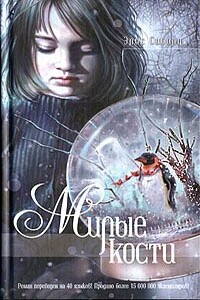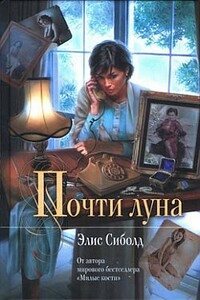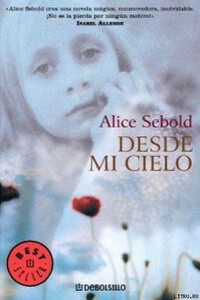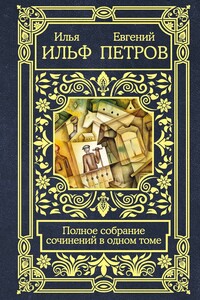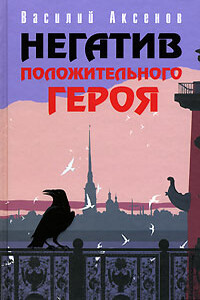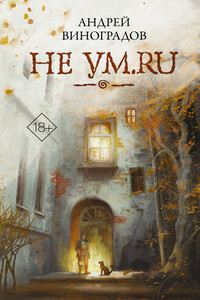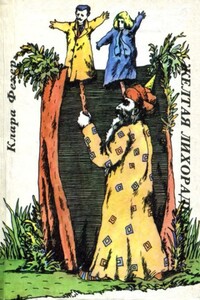The Lovely Bones | страница 13
“Mrs. Stead,” Len Fenerman said, “does this look familiar?” He held up a paperback copy of To Kill a Mockingbird. “Do they read this at the school?”
“Yes,” she said, her face draining of color as she said the small word.
“Do you mind if I ask you…” he began.
“Ninth grade,” she said, looking into Len Fenerman’s slate blue eyes. “Susie’s grade.” She was a therapist and relied on her ability to hear bad news and discuss rationally the difficult details of her patients’ lives, but she found herself leaning into the young policeman who had led her over. I could feel her wishing that she had gone home when the other neighbors had left, wishing that she was in the living room with her husband, or out in the backyard with her son.
“Who teaches the class?”
“Mrs. Dewitt,” Mrs. Stead said. “The kids find it a real relief after Othello.”
“Othello?”
“Yes,” she said, her knowledge of the school suddenly very important right now – all the policemen listening. “Mrs. Dewitt likes to modulate her reading list, and she does a big push right before Christmas with Shakespeare. Then she passes out Harper Lee as a reward. If Susie was carrying around To Kill a Mockingbird it means she must have turned in her paper on Othello already.”
All of this checked out.
The police made calls. I watched the circle widen. Mrs. Dewitt had my paper. Eventually, she sent it back to my parents, unmarked, through the mail. “Thought you would want to have this,” Mrs. Dewitt had written on a note attached to it. “I’m so very very sorry.” Lindsey inherited the paper because it was too painful for my mother to read. “The Ostracized: One Man Alone,” I had called it. Lindsey had suggested “The Ostracized,” and I made up the other half. My sister punched three holes down the side of it and fastened each carefully handwritten page into an empty notebook. She put it in her closet under her Barbie case and the box that held her perfect-condition Raggedy Ann and Andy that I’d envied.
Detective Fenerman called my parents. They had found a schoolbook, they believed, that might have been given to me that last day.
“But it could be anyone’s,” my father said to my mother as they began another restless vigil. “Or she could have dropped it along the way.”
Evidence was mounting, but they refused to believe.
Two days later, on December twelfth, the police found my notes from Mr. Botte’s class. Animals had carried off the notebook from its original burial site – the dirt did not match the surrounding samples, but the graph paper, with its scribbled theories that I could never understand but still dutifully recorded, had been found when a cat knocked down a crow’s nest. Shreds of the paper were laced among the leaves and twigs. The police unbraided the graph paper, along with strips of another kind of paper, thinner and brittle, that had no lines.
